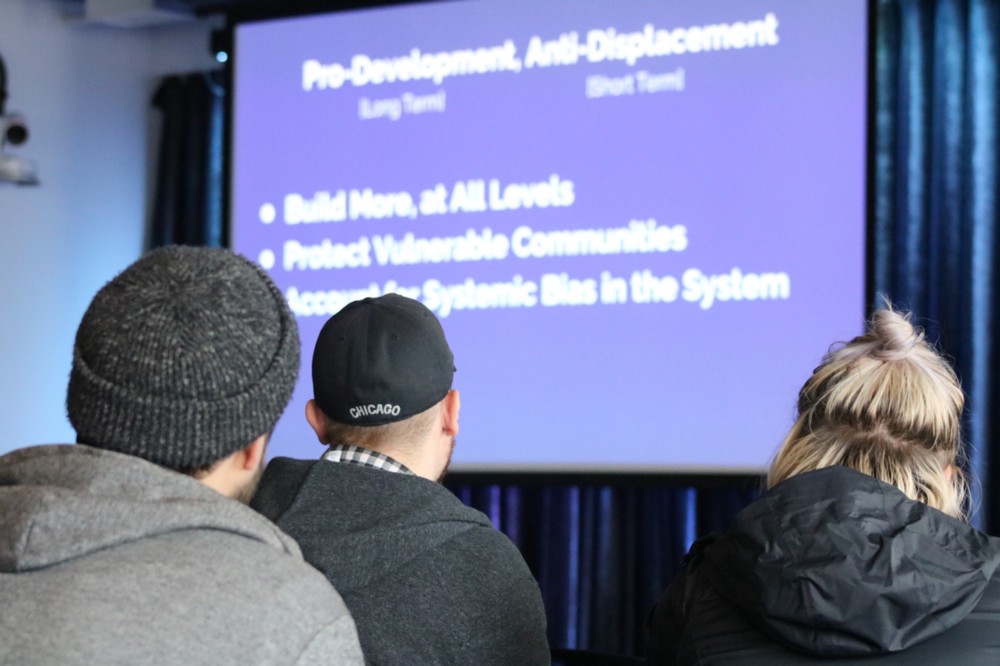One Year Out From A Commitment To Stakeholder Capitalism: An Update

In a blog post published earlier this year, we explored the potential shift towards stakeholder capitalism and the impact it could have on the economy. It’s now been a year since the members of Business Roundtable, a collection of CEOs from across the country, committed to this approach and the results are, well, mixed. A recent article from the Wall Street Journal shares more about how companies are managing this commitment in the midst of a global pandemic.
Corporations often view shareholders’ best interests as solely aiming to maximize profits. These perspectives and debates can complicate embracing stakeholder capitalism, driving companies to make trade-offs between shareholder returns and stakeholder interests. One possible solution to help companies better balance the interests of all stakeholders is by implementing a resilience scorecard. These scorecards would go beyond revenue growth and shareholder return to help companies measure additional interests for long-term success.
With trust in government and media waning, more people are looking to companies to take the lead in addressing systemic issues threatening the economy. For example, a special report published by Edelman takes a look at the challenge and opportunity that ending systemic racism poses to business. The report concludes that corporate actions now will shape trust in their companies for generations to come.
The pandemic and calls to end systemic racism only highlight the importance of embracing stakeholder capitalism. Stakeholder interests continue to pressure companies to act with purpose and lead with values. We’ll continue to follow along as companies hopefully work to embrace this new approach.





